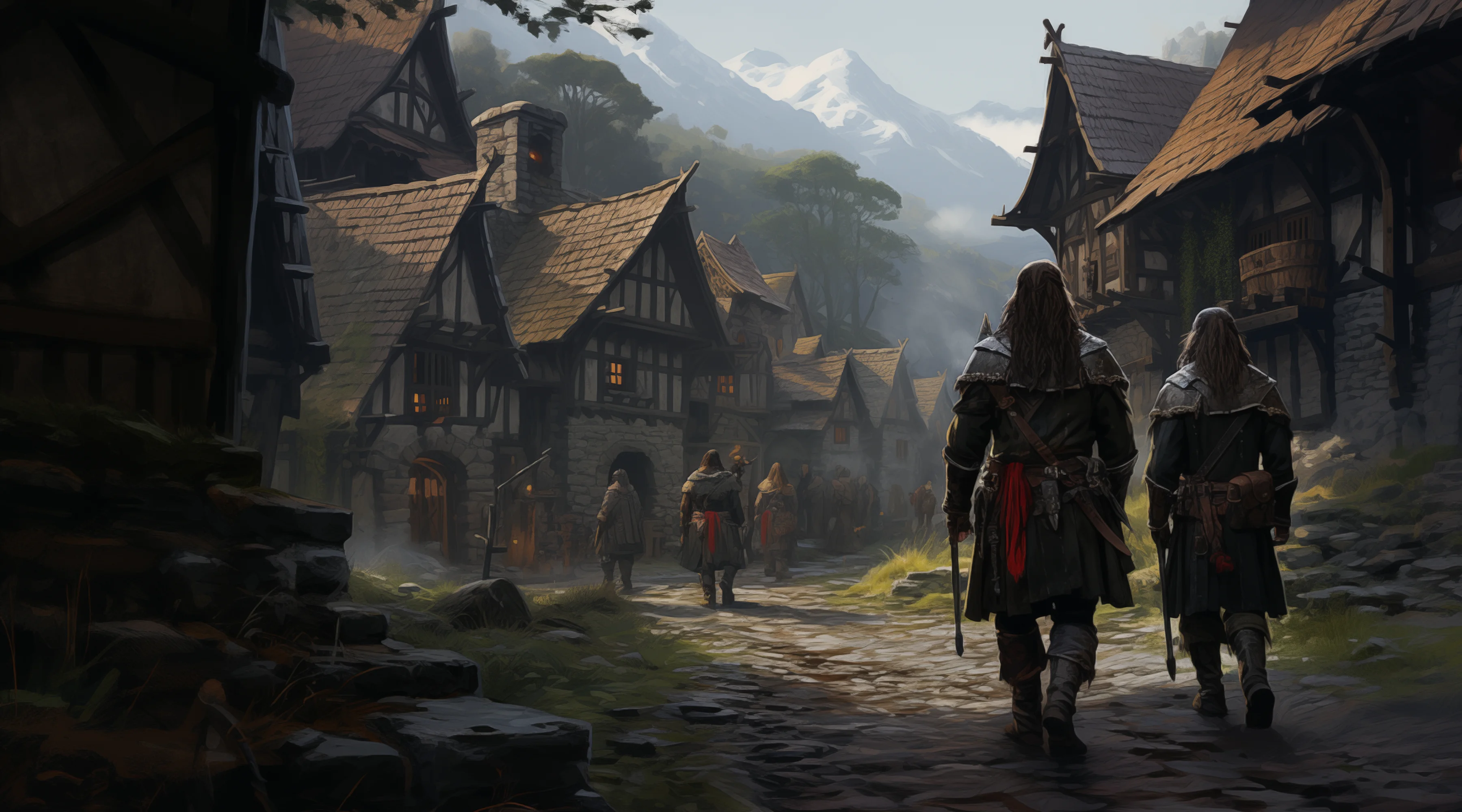
Standalone
Quadratic Public Goods

Part I
Quadratic Voting
Download quests in Questplay
In the majority of DAOs, voting power is distributed among voters through tokens. These tokens can be distributed through airdrops, ICOs, or exchanged on the open market.
Traditional Voting
In conventional governance systems, 11 token = 11 vote, and each token has equal weight. However, this can lead to the asymmetrical distribution of voting power, and results often being determined by individual whales.
Let us look at an example. Imagine that we have a DAO with 5 members, each holding some governance tokens:
Participant | Vote Tokens | Vote Power |
1 | 100 | 100 |
2 | 9 | 9 |
3 | 9 | 9 |
4 | 4 | 4 |
5 | 4 | 4 |
In the case of a 11 token = 11 vote system, the first participant alone could decide the result of any voting process. This means that there is no real incentive for other participants to vote for their preferred option.
Alternatively, a DAO can adopt a system where 11 participant = 11 vote. However, in this system, there is no incentive for users to acquire more tokens. For example, if a DAO distributes vote tokens to contributors who participate in building the DAO, there is no incentive for builders to contribute more than once:
Participant | Vote Power |
1 | 1 |
2 | 1 |
3 | 1 |
4 | 1 |
5 | 1 |
Quadratic Voting
One solution that aims to encourage flatter democracies, while maintaining a token economy, is quadratic voting. Unlike the previous two mechanisms, tokens and vote power in this system share a quadratic relationship, where tokens = votes.
This means that for any one participant, the cost of allocating additional votes to a particular option increases quadratically.
Using quadratic voting in our example DAO would look something like this:
Participant | Vote Tokens | Vote Power |
1 | 100 | 10 |
2 | 9 | 3 |
3 | 9 | 3 |
4 | 4 | 2 |
5 | 4 | 2 |
As we can see, the first participant still dominates the decision-making process. However, if the others collaborate, they can potentially tie a vote despite having a fifth of all vote tokens.
A quadratically increasing cost also encourages participants to distribute their votes between proposals, and signal their alternative preferences, while still placing emphasis on their most preferred option.
Village Governance
A small village wants your help to build a quadratic voting system for them. The system can be broken into three phases.
Setup Phase.
The village DAO has some members, each holding some governance tokens. The DAO is presented with several proposals (each represented by auint256 id), and has to vote on a winning proposal.Voting Phase.
The villagers will then vote, to signal their preferred proposal. Each villager can only vote once per round, and can distribute their vote tokens into different active proposals.Counting Phase.
After the voting rounds ends, the deployer will count the votes for each proposal. The proposal with the most votes will be declared the winner. If there is a tie, the proposal with the lower ID will be declared the winner.
All votes must be made before the voting round ends (7 days).
VillageVoting.sol
In the contracts/ folder, you will find a contract called VillageVoting, that needs to implement the following ABI.
Function | Description |
| Initializes a new |
| Villagers call this function to vote for their preferred proposals. Proposals must exist and |
| Decides the winner. This can only be called when the voting round ends. |
View Function | Description |
| Returns the proposal IDs that users can vote on. |
| Returns the winning proposal ID. Reverts if the winner is not yet decided. |
| Returns the amount of tokens held by the given villager. |
| Returns the current sum of the vote power for a proposal with the given ID. |
The detailed interface can be found in interfaces/IVillageVoting.sol.
Notes
A voting round will last 7 days.
Square root calculation should be rounded down to the nearest integer.
Your Task
Implement all the functions listed above in contracts/VillageVoting.sol.
Run tests in Questplay

Set up a fair system for the townsfolk to vote on which building they repair first…